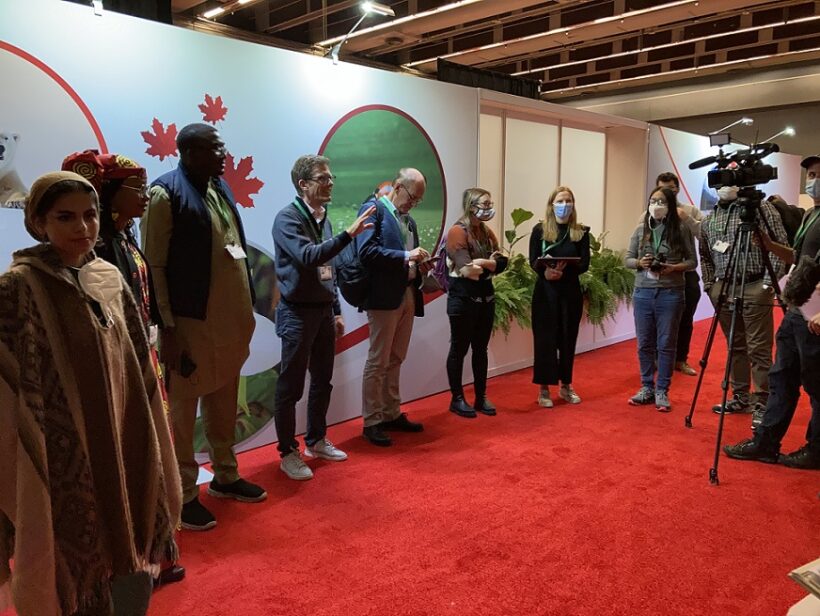On day three of the UN Convention on Biological Diversity (CBD COP15) negotiations, frustrations are growing and sources have reported an alarming lack of overall progress. Ministers and high-level representatives are set to arrive next week. Substantial progress must be made before this point to remove brackets. The negotiations are expected to tackle key issues including finance for nature, how governments will be held accountable to their commitments, and human rights-based approaches that respect and safeguard the rights of indigenous peoples and local communities and the right of all to live in a healthy environment.
However, little progress has been made on these issues so far, as divisions between countries on critical issues remain entrenched. Without an ambitious global agreement on nature at COP15, we will not halt and reverse biodiversity loss and we will not meet the goals of the Paris Agreement. This poses a severe risk to our societies, economies and to the future of our planet.
“We need an agreement that will commit the world to change by 2030. We also need to agree on goals, targets and the mobilization of resources to achieve the ambitious goals”, said Mr. Lambertini.
The impact of nature degradation is more difficult for indigenous peoples, who see their land – their “home” – suffer, recalled Hindou Oumarou Ibrahim, president of the Association of Women and Indigenous Peoples of Chad.
“Having an ambitious biodiversity target is non-negotiable, it has to be a reality,” she added.
“It is not enough to have a plan, we need to be able to implement it,” said Joseph Onoja, managing director of the Conservation Foundation of Nigeria.
“Now is the time to act because we are two years behind,” he explained, adding that we have eight years to reach the 2030 targets.
According to the young Pakistani activist, Ayisha Siddiqa, it is horrible to see a conference of its kind being run by companies and “being left to them to decide”. She reminds us that nature is a force in itself and that is why “we cannot negotiate with her”.
“If we continue […] we will lose biodiversity and there will be no compensation for the species that we will lose,” she concluded.






